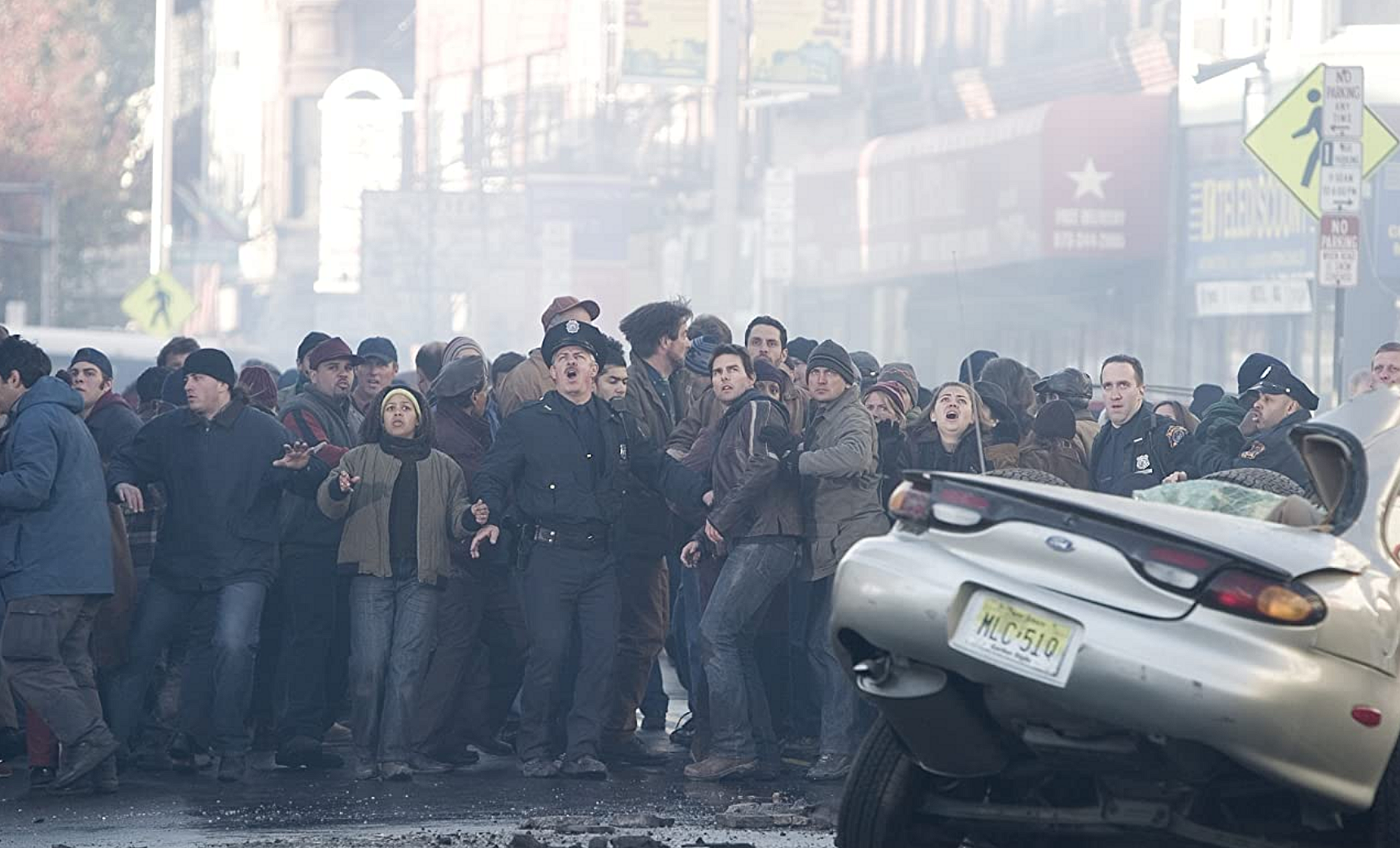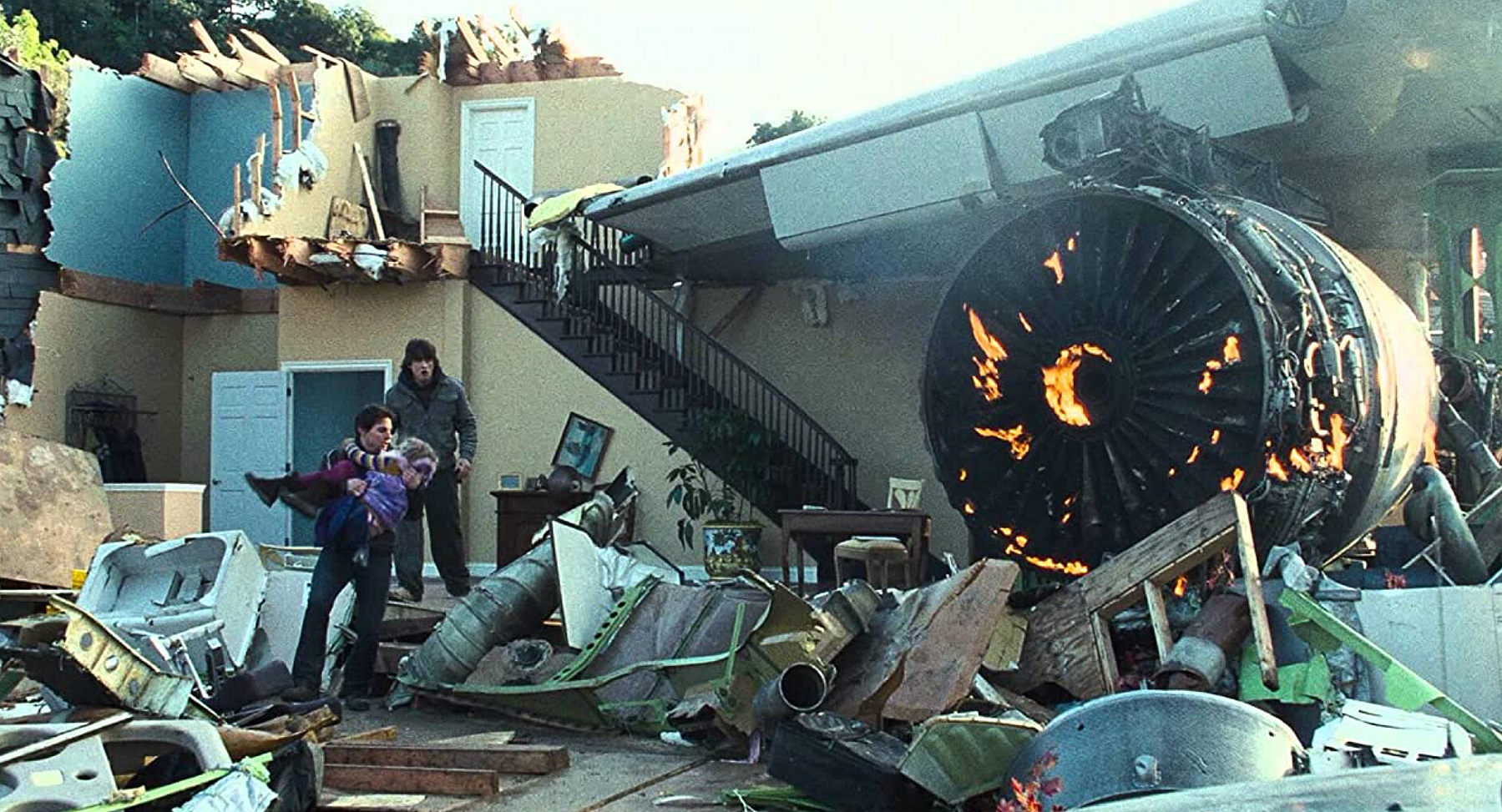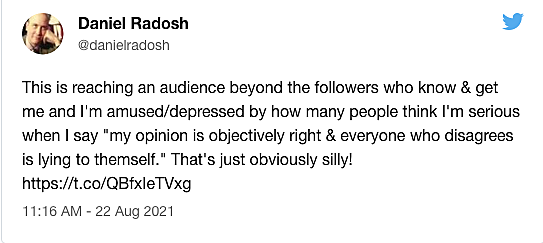Uncontroversial statement: Steven Spielberg is a pretty good director.
He is good at making movies, but his genius lies in two other things he does consistently well:
- He hires John Williams to score every film.
- In his films, he leans into themes that resonate with the zeitgeist of the time in some way. He can see something that’s in the air that people are thinking or anxious about and weaves that imagery into his movies.
It's powerful because his movies aren't "about" these themes. They just breathe the same air.
- In the 80s, space exploration was on everyone's mind. ET (1982) was released a year after the launch of the space shuttle (1981) and two years before SETI was founded (1984)
- In the 90s, advances in genetic engineering was generating a lot of worry about its implications. Jurassic Park (1993) was released 3 years before Dolly the sheep was cloned (1996).
- The 00s were dominated by the aftereffects of 9/11 and War of the Worlds (2005) has some straight up 9/11 imagery in it:


This was on my mind when I watched the trailer for Disney's new Spiderman film. The trailer which was released on Sunday, is almost certainly going to bring together previous 'versions' of Spiderman played by Tobey Maguire and Andrew Garfield with the current version, played by Tom Holland. On top of that, the concept of the "multiverse" is playing an overarching role across all of its superhero movies and TV shows (in a similar way that Thanos played that role previously).
What's interesting is that Disney is doing what Steven Speilberg does so well, but they're doing at multiple (ha) levels. One of the most prominent outcomes of the growth of the internet is the fracturing of society into isolated pockets where we can construct our own self-contained realities, some might say our own separate, but parallel “universes.”
So far so good, this fracturing is a potent vein of latent anxiety for Disney to tap into with the theme of the multiverse. But the anxiety really ramps up when those parallel universes start colliding with each other.
The technical term of this colliding is called "context collapse" and it happens constantly on the internet. Norms and ways of seeing the world form in isolation and then are introduced into a different context with different norms and ways of seeing the world. Words and points of view are misinterpreted and fighting starts. People retreat to their own "universe," the charcictatured vision of the other is reinforced, and the cycle repeats. So much of internet beefing can be traced to this cycle.
It's obvious in the high stakes, highly visible worlds of politics and celebrity, but it's common enough that you bump into it in even low stakes places. People even know it's happening as it happens to them!
For example:

This is such a potent source of universal anxiety because context collapse just doesn't happen very often in meat space, so we don't readily know how to deal with it in a healthy way. Zeynep Tufecki pointed out in a NY Times article in 2010:
“Your mom and your boyfriend are rarely in the same room,” she said, “and that’s why Christmas and Thanksgiving are such a stressful time for people, because their worlds collapse. On Facebook you’re in a long extended Thanksgiving dinner with everyone you ever knew, and people find that difficult to deal with.”
So Disney is tapping into everyone's anxiety about fragmented realities and context collapse, but it also presents an opportunity for them. Instead of (only) making entertainment with mass appeal, the fragmentation of realities offers the opportunity to tell stories aimed at those realities. This frees them to make different genres of tv/movie for all the different subcultures (which is the way to be successful in a world of zero distribution costs).
Disney gets to have it both ways. They can make entertainment that appeals:
- at a broad level
- at a niche level
More importantly, those qualities aren't in contradiction.
They are two sides of the same coin.